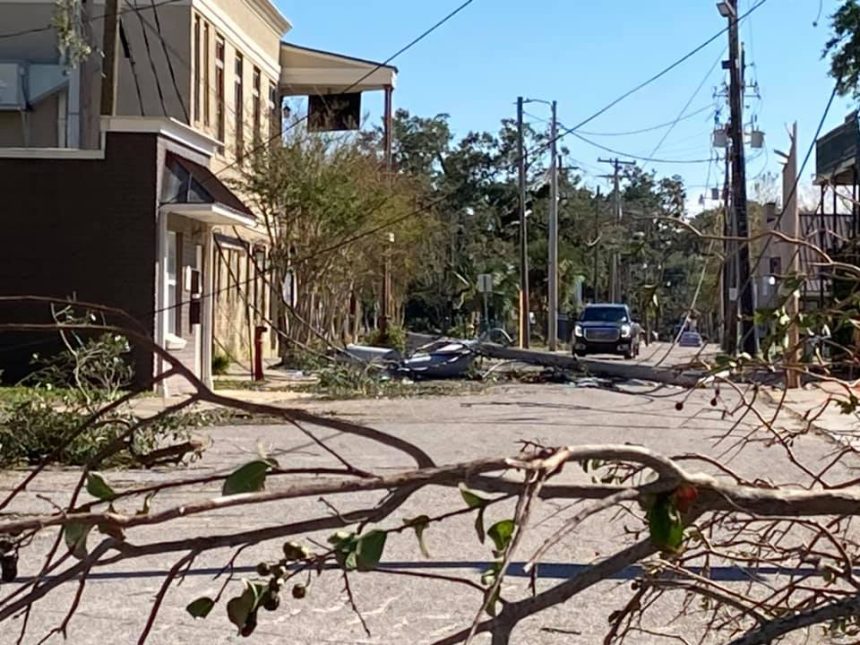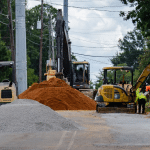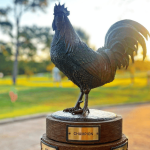As cleanup and recovery begins following Hurricane Zeta, the Mississippi State Department of Health (MSDH) has assembled a checklist to help keep you and your family safe and healthy in the aftermath.
Preventing food-related illness
- Identify and throw away food that may not be safe to eat.
- Throw away food that may have come in contact with flood or storm water.
- Throw away canned foods that are bulging, opened, or damaged.
- Throw away food that has an unusual odor, color, or texture.
- Throw away perishable foods (including meat, poultry, fish, eggs, and leftovers) that have been above 40 degrees Fahrenheit (F) for 2 hours or more.
- If cans have come in contact with floodwater or storm water, remove the labels, wash the cans, and dip them in a solution of 1 cup of bleach in 5 gallons of water. Relabel the cans with a marker.
Preventing water-related illness
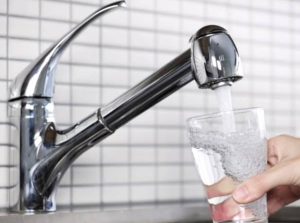
Local authorities will tell you if tap water is safe to drink or to use for cooking or bathing. If the water is not safe to use, follow local instructions to use bottled water or to boil or disinfect water for cooking, cleaning, or bathing.
- To correctly boil or disinfect water, hold water at a rolling boil for 1 minute to kill bacteria. If you can’t boil water, add 1/8 teaspoon (about 0.75 mL) of newly purchased, unscented liquid household bleach per gallon of water. Stir the water well, and let it stand for 30 minutes before you use it.
- You can use water purifying tablets instead of boiling water or using bleach.
- For infants, use only canned baby formula. Do not use powdered formulas prepared with treated water.
- Clean children’s toys that have come in contact with water. Use a solution of 1 cup of bleach in 5 gallons of water to clean the toys. Let toys air dry after cleaning.
Preventing carbon monoxide poisoning
Carbon monoxide is an odorless, colorless gas that is produced by many types of equipment and is poisonous to breathe.
- Don’t use a generator, charcoal grill, camp stove, or other gasoline- or charcoal-burning device inside your home, basement, or garage or near a window, door, or vent.
- Don’t run a car or truck inside a garage attached to your house, even if you leave the door open.
- Don’t heat your house with a gas oven.
- If your carbon monoxide detector sounds, leave your home immediately and call 911.
- Seek prompt medical attention if you suspect carbon monoxide poisoning or are feeling dizzy, light-headed, or nauseated.
Preventing the growth of mold
- After flooding occurs, clean up and dry out the building quickly (within 24 to 48 hours).
- Open doors and windows. Use fans to dry out the building.
- Clean wet items and surfaces with detergent and water.
- To remove mold growth, wear waterproof gloves, open windows and doors, and clean with a bleach solution of 1 cup of bleach in 1 gallon of water.
- Throw away porous items (for example, carpet and upholstered furniture) that cannot be dried quickly.
- Fix any leaks in roofs, walls, or plumbing.
Personal protection
- When cleaning up storm-damaged areas, be sure to wear protective clothing and sturdy shoes to prevent cuts and scratches from debris.
- Do not let children play in floodwater, and discard any items that come into contact with floodwater.
- Tetanus vaccination is recommended if it’s been 10 years or more since your last tetanus vaccination (Tdap is the recommended vaccine). In the event of a puncture wound or wound contaminated with floodwater, individuals should consult a healthcare provider. Tetanus vaccinations are available at all county health departments.
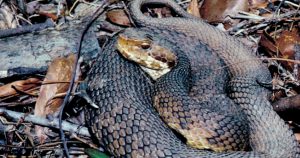
Snakes
If you come in contact with a snake during cleanup efforts, do not attempt to catch or kill the snake. Slowly back away. If you are bitten by a snake:
- Do not attempt to cut, suck, or apply ice to the bite area.
- Do not apply a tourniquet.
- Call 911 immediately. Lay the person flat and keep the bitten part of the body at the level of the rest of the body. Do not elevate or dangle a bitten arm or leg.


